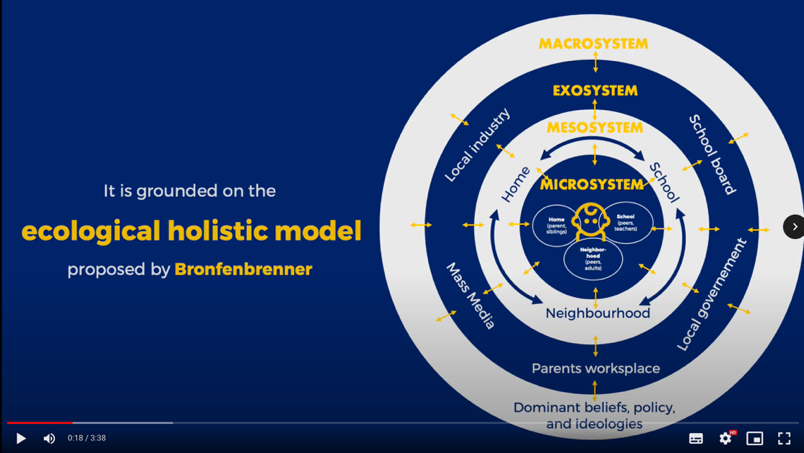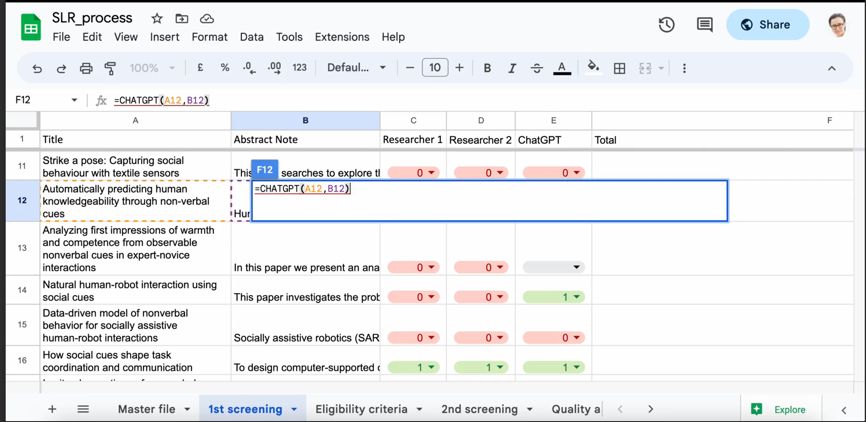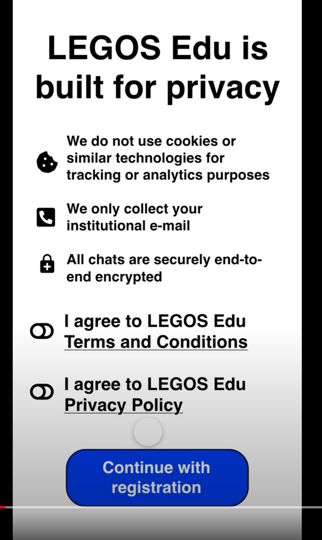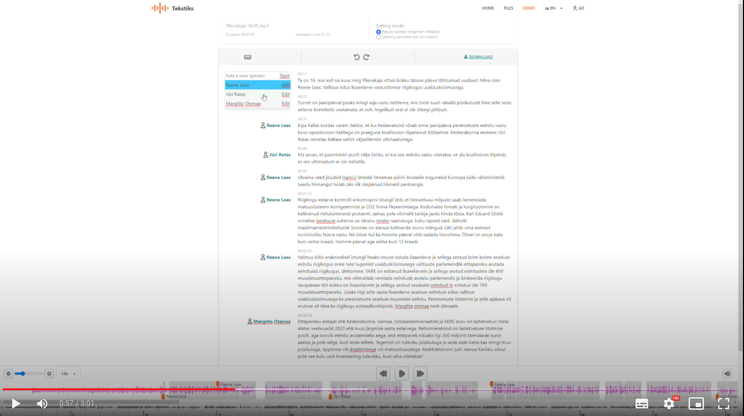FINALISTS
How to Make an AI Algorithm More Ethical: A Smart Learning “Ecological” Approach
Sara Peretti, Federica Caruso , and Valerio Rughetti
Center of Excellence DEWS, University of L’Aquila, Italy, Department of Information Engineering, Computer Science and Mathematics, University of L’Aquila, Italy, Uninettuno, University of Rome, Italy,
Artificial intelligence is becoming more prevalent daily and has positive and negative effects. Biases in Artificial intelligence development and deployment, such as gender, disability, and culture, can lead to decisions that conflict with human values. It is due to biased or incomplete datasets, lack of transparency, and accountability in algorithms. A human-centric approach is necessary but may not fully consider the use context. Thus, this paper presents a human-centric and ecological approach as a design methodology. It has been experienced within the UC6 of the European FRACTAL project, which aims to de-sign Artificial intelligence algorithms for intelligent totems in shopping malls. The intelligence is realised by several artificial intelligent algorithms (e.g., gender recognition algorithms). By adopting an ecological approach, algorithms were made more ecological and free from gender bias, mirroring the context of men’s and women’s use at shopping malls as it is currently, i.e., characterised by gender balance. In conclusion, this approach reduces gender bias and contributes to the ongoing discourse on Artificial intelligence ethics.
Keywords: Artificial Intelligence, Ecological Approach, Ethical Challenge, Human-Centric Approach

Friend or Foe: Mandatory Human Intelligence Contributions for ChatGPT-assisted Systematic Literature Review
Ekaterina Krivich and Juri Mets, Tallinn University, Tallinn, Estonia.
Over the past few years, there has been a significant increase in scientific publications, making it more challenging to conduct systematic literature reviews. The constant growth of the number of articles across nearly all research fields significantly intensifies the challenge of literature reviews for researchers. They typically face tight time constraints and scarce resources, making this an increasingly pressing and challenging problem to overcome. During the screening process, large language models (LLMs, such as ChatGPT) can be a valuable aid. However, using LLMs necessitates contributions from human intelligence with strong critical thinking skills and an understanding of the underlying mechanisms of large language models. This study presents two real-life examples of the practical application of LLMs for systematic literature reviews, title, and abstract screening processes to demonstrate their potential in this area. We have developed a prototype to solve the named problem using the currently accessible LLM API (Application Programming Interface). However, the development of a more specialised language model has the potential to yield even more significant benefits for supporting academic work. We have observed that the effective use of LLMs requires advanced skills in prompt engineering. Without this expertise, the models may generate unsuitable or irrelevant outputs for the intended purpose.
Keywords: Literature review, Large Language Models, ChatGPT, Prompt-Engineering

From Da Vinci to Midjourney: Ethical Implications of AI in Visual Arts
Darja Tokranova, Tallinn University, School of Digital Technologies
Can you call the machine a creator? How ethical is the borrowing of the art styles? Is there value in art created by Artificial Intelligence? And should we put “AI” as a co-creator and co-owner or image copyright? The appearance of “word-to-art” generative services such as Stable Diffusion, DALL-E or Midjourney has raised many practical and philosophical questions. This demo doesn’t provide a direct answer to any of those. Still, it aims to spark a conversation about the topic, compare different approaches to creating art and speculate what the future of the creative industries could look like. As the author of the demo is a creative herself, the demo is planned in the format of an artistic exhibition where a spectator can view three different art pieces created in three different ways, compare different levels of visions, approaches and skills as well as discuss those with the author who will be present on the spot as an industry insider. Keywords: Fine Art, Generative Art, AI Art, Non-Fungible Tokens.

An Educational Instant Messaging App Designed for Privacy
Davide M. Parrilli, UNIDCOM-IADE, Universidade Europeia, Lisbon, Portugal
The paper presents LEGOS Edu, an instant messaging app designed for members of educational communities to exchange information safely. Instant messaging apps are part of the digital educational ecosystem and are frequently used by students and teachers to communicate and exchange information. However, the most widespread tools do not offer robust, consistent privacy-protecting features. LEGOS Edu’s primary objective is to reduce privacy threats for users, focusing on preventing abuses of private information by data recipients. LEGOS Edu allows members of educational communities to make privacy-conscious choices through an effective exercise of users’ autonomy, strong default privacy settings, and the possibility to alter privacy settings based on trust. Consequently, LEGOS Edu is an instant messaging app and an ethical learning tool for students.
Keywords: Ethics, Interaction Design, Privacy, UX Design.

Speech transcription editing and speech annotation user interface.
Aivo Olev , Department of Software Science, Tallinn University of Technology, Tallinn, Estonia
This article discusses the development and maintenance of a public service for recognising and transcribing speech recordings in Estonian as well as the design of its user interface. The service includes a pipeline for processing speech and a web-based user interface for users to edit and annotate transcriptions. It is available to the public for free and provides higher accuracy than commercial alternatives. Finally, the paper discusses ethical concerns regarding using machine learning and private user data.
Keywords: speech recognition, Estonian, transcription editing, speech annotation, user interface

